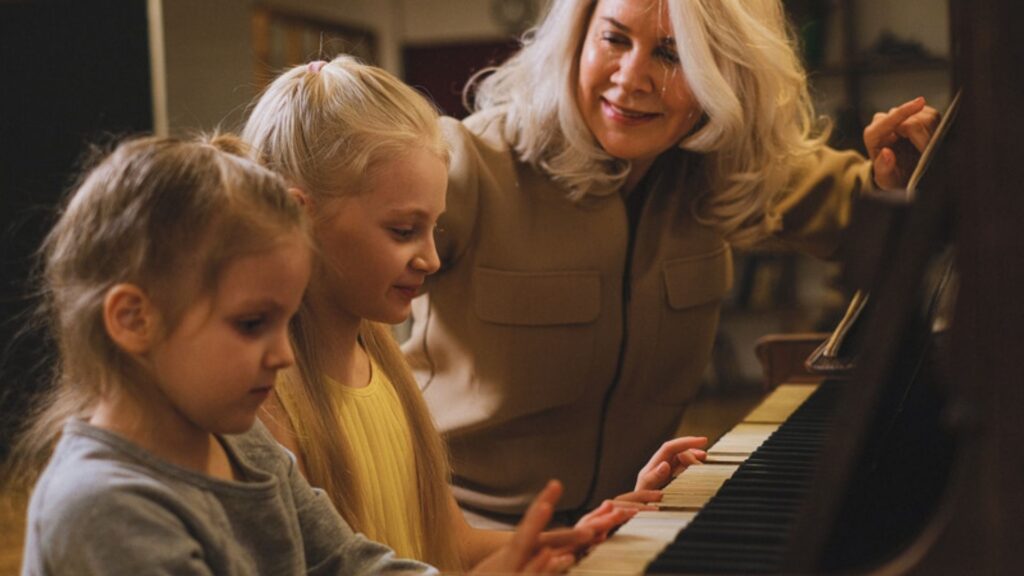Music Helps Kids Become Better Readers
Music training for young students has plenty of benefits on the brain, including a major boost in reading abilities.

Understanding how kids learn helps them to retain knowledge. There have been many studies done on schoolchildren and their abilities. For years now, parents and teachers have connected music and learning, but now scientists are proving that music training improves learning abilities and cognition, especially in reading.
Reading is a special skill that humans only developed about 5,400 years ago. When compared to the long timeline of human evolution this isn’t very long. Humans began using tools 2.5 million years ago and are said to have developed verbal language about 100,000 years ago. While these abilities have specific areas of the brain centered on them, reading is another story. Reading utilizes the visual cortex, the language sections of the left hemisphere, and the visual word form area, or the “wordbox.” Together these are all utilized for reading. Similarly, these areas are used when students receive music training. Because reading music, memorizing, and performing music use these same sections of the brain, scientists have finally discovered just why students who play music often display better reading skills.
Humans are pattern thinkers. Finding connections and correlations drives learning and practical applications. Music training leads kids to connect patterns and more logically discern where the notes are leading, and this ability carries over into their other studies.
Even babies display increased neural responses to music at the age of 9 months old. Infants exposed to controlled music training developed heightened auditory and prefrontal cortice responses, so access to music helped them increase language skills. This behavior continues with preschool-aged kids and well through childhood into adulthood, but it expands within the mind to aid students in their ability to recognize symbols and understand patterns at a higher rate.
In addition, young immigrants have been able to learn English faster and with better translation through music programs. One study concluded that 4 to 6-year-old immigrant children displayed heightened phonological awareness after receiving music training. This showed a significant difference between children who were at the same language levels before the study who did not receive music training.
As if that weren’t enough to encourage music training to help students become better readers, another study measured the effects of music training on low-income students who were struggling to read. Although learning gaps were wider in this scenario, weekly music mentoring sessions were held for a period of two years and academic improvements were sizable enough that even the students with the lowest achievement levels were able to overcome disparities. In addition music has been found to improve students; learning functions by 90% after just 20 days of music instruction.

The benefits of music in classrooms have been known for some time, but scientists are just now discovering how impactful music is for shaping thinking brains and giving students heightened abilities, like good reading skills. Connecting patterns and utilizing multiple areas of the brain at once are shared traits of music and reading. From infants to preschoolers and beyond, students of all ages are displaying just how important music training is to the learning process.



